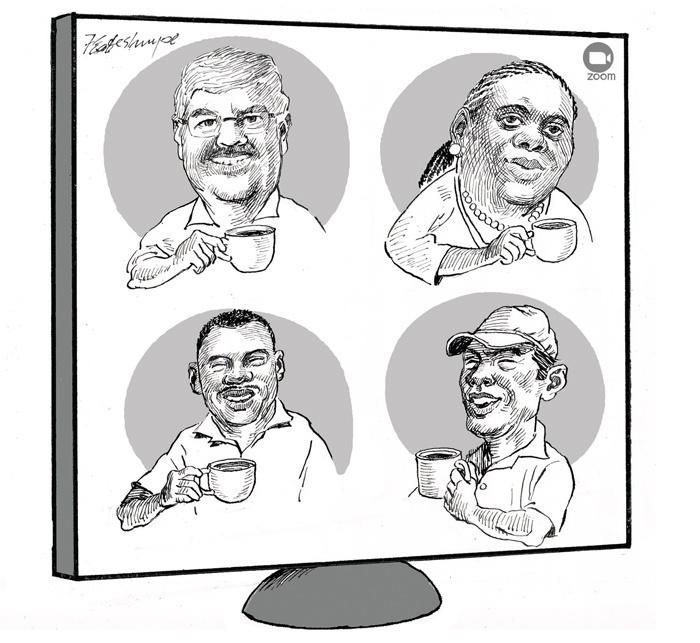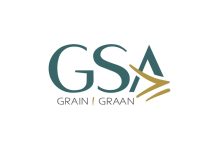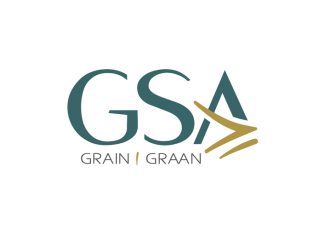
CEO, Grain SA jannie@grainsa.co.za
Usually I would be writing something about NAMPO at this time of year. Today (beginning of April) I am sitting in my home office, trying my best to still make a difference in the Covid-19 environment with all its restrictions. I read what the gentlemen with the thick glasses are writing on what the world will look like post Covid-19 and I try to figure out what our approach should be.
What I at least realise by now, is that nothing will ever be the same again. History will certainly pen down the details of all that is happening and what will change. One basic principle, however, is that people will still eat and that food will have to be produced. Trade between countries will definitely be affected and processors are likely to look at their suppliers differently as well as at the routes that inputs have to travel before reaching the factories.
 Although there will definitely be an impact on agriculture, I think there will also be a big impact on organised agriculture. The moment the lockdown started, it was time for producers to call on organised agriculture for help. It is like an insurance policy. One often complains about the premiums, but you know full well that when the day comes that you need it, you will be very grateful that you have paid. Those who do not have it, will then be looking around frantically, making accusations. At the time of writing this, I have observed the following:
Although there will definitely be an impact on agriculture, I think there will also be a big impact on organised agriculture. The moment the lockdown started, it was time for producers to call on organised agriculture for help. It is like an insurance policy. One often complains about the premiums, but you know full well that when the day comes that you need it, you will be very grateful that you have paid. Those who do not have it, will then be looking around frantically, making accusations. At the time of writing this, I have observed the following:
- Cooperation at the highest level was outstanding. We shared the information, it was not questioned and the decisions were made and published in the Government Gazette overnight. It was wonderful. One involuntarily wonders why it cannot always be like this. One shared vision and purpose and there you have it!
- Agriculture is extremely well-organised. Our information is of high quality, it is available and our networks are run by competent, capable people. Inquiries can be answered immediately and the quality of the information is excellent. We are not far removed from grass-roots level.
- We have a huge asset in BFAP (the Bureau for Food and Agricultural Policy). The data and the models they have, together with their knowledgeable people, can determine every possible scenario. This gives a lot of confidence in the policy decisions that have to be made.
- The Grain SA office could be turned into a mobile, virtual unit within days to maintain productivity. Yes, I miss the direct support in the office to help answer the phone and refer people, rather than listening to everything first and then having to refer in any case. After Covid-19 the way in which we as an organisation work, will probably not be the same anymore. Our networks of people and flow of information managed to continue undisturbed.
- It is the ideal time to see who puts up their hand when there is a crisis. This is when people’s true colours emerge in terms of expertise and ability to adapt. Quick decisions mean your knowledge should not be somewhere on a computer or with auntie Google. You need it at your fingertips – to use an array of separate pieces of information to create pictures and to offer solutions for the problems standing in the way of a country’s food security.
- We always refer to people being our most important asset. That is true. The mutual relationships and expertise of people are what pull us through. So does our faith. Systems and infrastructure can only work when they are operated by people. Agriculture has a great asset in our people, who are not only passionate about it, but who have the relationships to make it work.
I trust that circumstances will change so that NAMPO will indeed go ahead as planned later this year. Hopefully we can then have a nice chat over a cup of coffee and the like about how we as a country have overcome Covid-19. Well done, SA Agriculture (Pty) Ltd!












